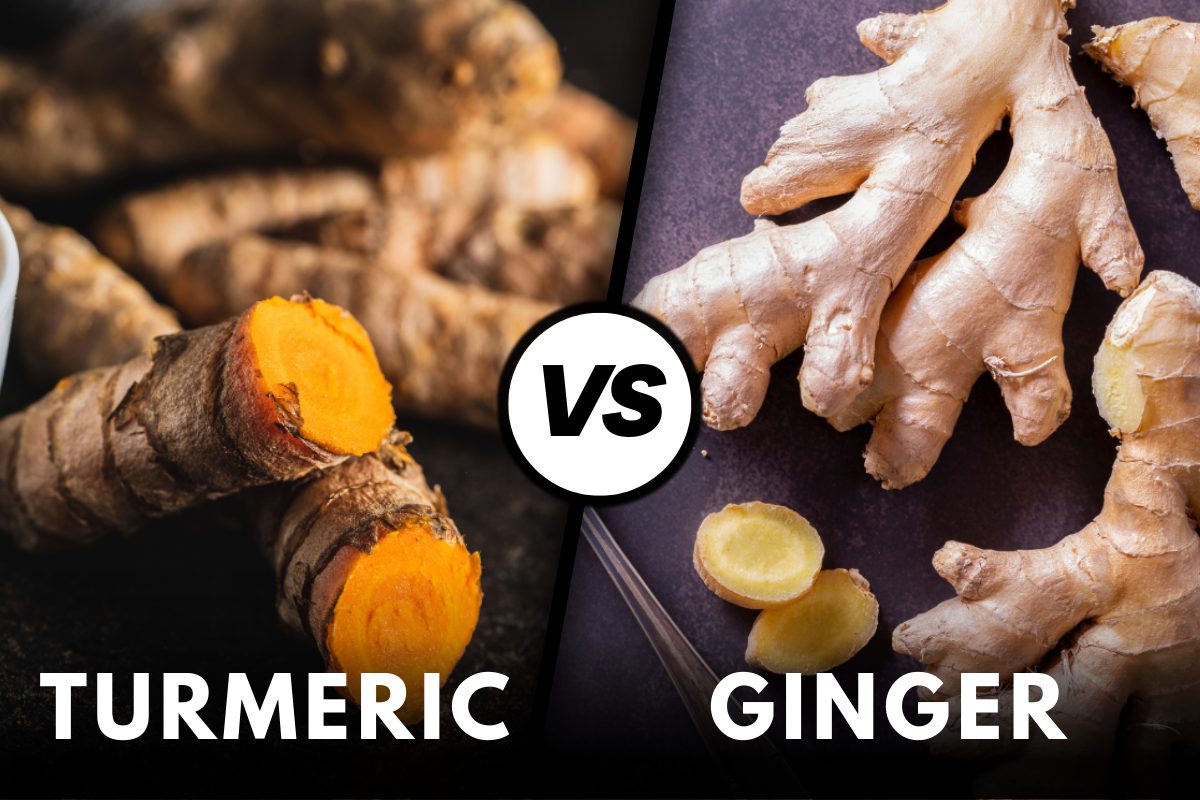
Garlic, a popular ingredient in a variety of cuisines around the world is not only renowned for its unique flavour, as well as its many health advantages. Its impact in promoting heart health garnered much attention from both the medical profession and health-conscious individuals alike. This article focuses on the benefits of garlic for heart health by examining the scientific proof of its health benefits and how it can be included in your daily diet.
Garlic and Heart Health: What Does the Science Say?
- Lowering Cholesterol Levels: A number of studies have shown that garlic may help in reducing total cholesterol levels and the low-density lipoprotein (LDL) cholesterol levels. This is commonly referred to as “bad cholesterol. The active chemical allicin present in garlic is thought to be the reason behind this impact.
- Reduced blood pressure: Hypertension, also known as the high pressure of blood, can be a major risk cause of heart disease. Studies have shown that garlic supplements possess the ability to reduce blood pressure, especially for people with hypertension by encouraging vasodilation as well as relaxation of blood vessels.
- Anti-Platelet Activity: Garlic is known for its anti-platelet properties which means it helps in preventing the development of blood clots. This can reduce the chance of developing diseases like stroke as well as heart attack, both of which are usually caused by the formation of clots.
- Antioxidant Effects: Garlic contains antioxidants that aid in preventing the effects of oxidative stress, which is a major element in heart disease. They help neutralize free radicals that are present in the body, and reduce the damage to blood vessels as well as other tissues.
How to incorporate Garlic into your diet for Heart Health
- Raw and Cooked Garlic: Although cooking garlic may reduce certain beneficial properties, it retains the same properties to benefit. If you can handle eating raw garlic, it is more effective.
- Garlic Supplements: For those who are unable to tolerate the garlic flavour too intense, garlic supplements can be an alternative. They are available in a variety of types, including tablets, capsules or oils, and offer a concentrated amount of the beneficial substances.
- Incorporating Garlic in Meals: Garlic can be added to a broad variety of dishes, such as stir-fries, sauces, soups marinades, and soups. Garlic not only adds taste but also adds to nutrition value a food.

Safety and Considerations
- Potential Side Effects: Garlic can be considered safe in small amounts. However, supplementation or high doses can result in negative side effects, such as bad breath gas, heartburn and stomach upset.
- Interactions with Medications: Garlic can interact with certain medications, particularly blood thinners as well as drugs for HIV/AIDS. It is important to talk with your doctor prior to beginning any regimen of garlic supplements.
- Not a Stand-alone Treatment: Garlic can be beneficial to the diet that promotes heart health however, it is not a substitute for prescription medications or treatments. It is best utilized in conjunction with other treatments.
Conclusion
Garlic is a great food with a variety of positive properties is a standout as an incredibly healthy food. Its ability to reduce cholesterol, lower blood pressure, reduce blood clots and guard against oxidative stress make it an essential component of the diet that is heart-healthy. Consuming it raw cooked, raw, or as an addition to your diet, garlic provides the natural means to boost the health of your heart. But, it’s crucial to be aware that garlic isn’t an all-purpose remedy and should be considered a part of an appropriate diet and healthy lifestyle. It should be accompanied with regular exercise and regular medical examinations. Like any other dietary modification or supplement, it’s best to speak with a health practitioner to ensure that it’s in alignment with the individual’s health requirements and treatment.
I am an accomplished tech writer with a passion for simplifying complex technology concepts. With a background in Tech, James has dedicated their career to making the intricacies of the digital world accessible to a broad audience.








